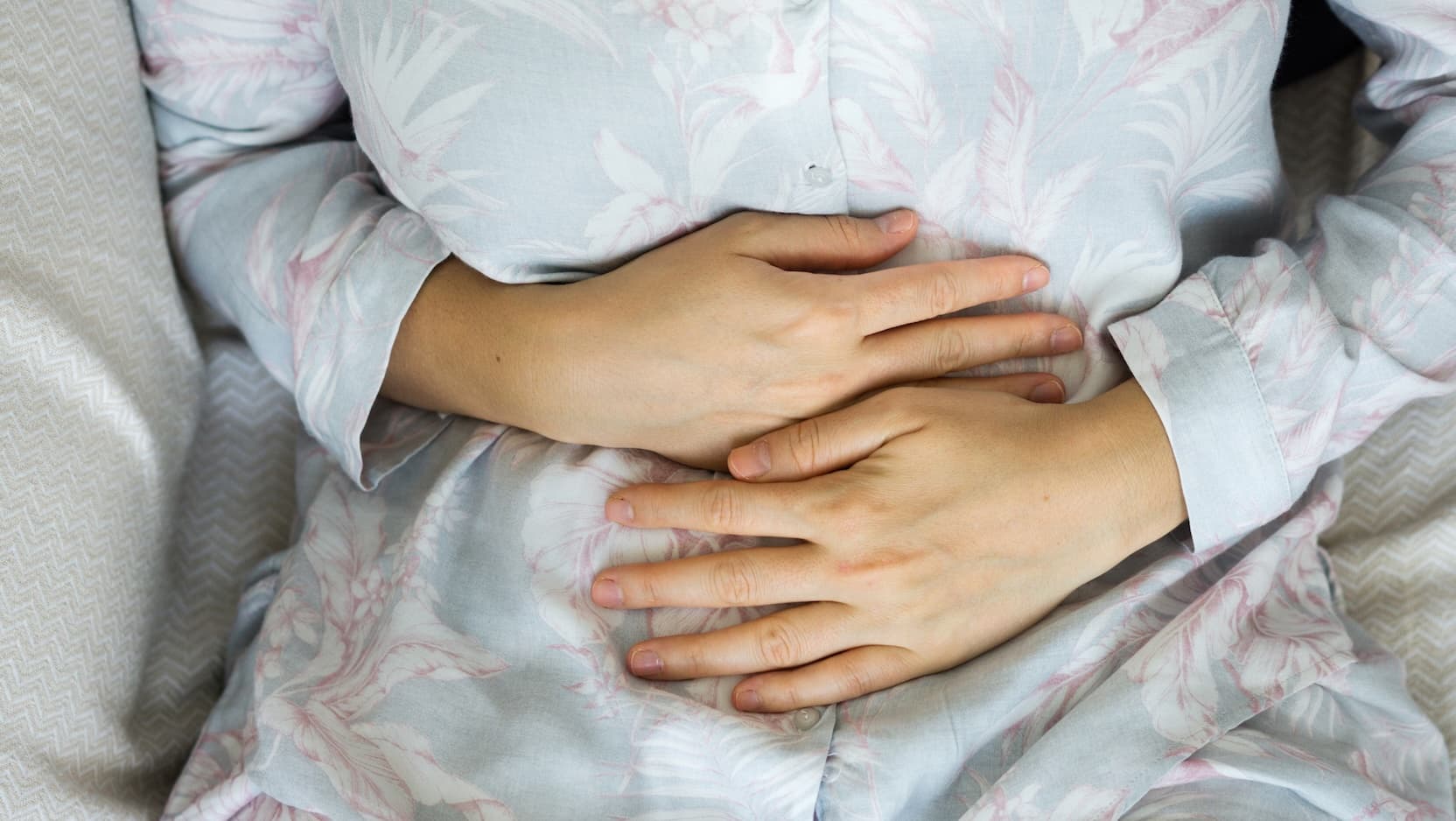How to prevent (and recover from) norovirus, the stomach bug that’s surging

Norovirus is most commonly known as the stomach flu, but it is not caused by the influenza virus. It’s a different, highly contagious virus that generally spreads via hand-to-mouth contact about 12 to 36 hours after exposure — and cases are on the rise.
Norovirus transmission can occur after you touch a contaminated surface, eat food prepared by someone who didn’t wash their hands or consume unwashed fruits and vegetables that have the virus on their surface.
“We’re likely seeing an increase this year because people are farther away from COVID-19, and they are probably just not washing their hands as much or distancing like we used to,” said UChicago Medicine Medical Group primary care physician Thomas Pawlowski, DO*, who practices at UChicago Medicine Crown Point.
Norovirus symptoms can be rough. Because the virus causes gastroenteritis, an inflammation of the stomach or intestines, patients may expect several days of vomiting and diarrhea — often at the same time — as well as body aches, fever and chills.
“It’s debilitation in the sense that you’re really not going to leave the house because of the stomach pain and the overwhelming nausea and diarrhea,” said Pawlowski, who offered advice for preventing and treating norovirus.
How to prevent norovirus
1. Wash your hands often
Hand-washing is the best way to avoid norovirus. Don’t rely on hand sanitizer — it doesn’t work against norovirus. You must use soap and water for at least 20 seconds, Pawlowski said.
2. Prepare food at home
“If you can avoid it, don't eat something that you know was prepared by other people's hands,” Pawlowski said. When making your own food, wash fruits and vegetables thoroughly. Frequently wash your hands and counter surfaces throughout the cooking and serving process.
3. Hit the drugstore now
Stock up on over-the-counter anti-diarrheal medication and electrolyte sports drinks for ages 10 and over (Pedialyte for the younger children), as well as crackers, antibacterial or bleach cleaning wipes, and disposable gloves to clean and handle soiled bedding.
What to do when norovirus hits
1. Treat the symptoms
First, isolate from others as much as possible. Slow down stool with anti-diarrheal medication and drink plenty of clear liquids. Some TikTok videos claim cola is a prevention and a cure for norovirus, but Pawlowski advises against carbonated drinks, which can irritate the stomach.
2. Slowly reintroduce food
If you can keep down liquids, add crackers or toast if you’re hungry. Then, slowly add simple carbohydrates, broth-based soups and fruits. “Let your body tell you what you can advance to,” Pawlowski said. It takes a week or two before the stomach can handle a typical diet.
3. Watch for signs of trouble
Dehydration poses the biggest risk, particularly for children and the elderly. Those taking blood pressure medication should watch out for lightheadedness or a racing heartbeat; call your doctor or visit urgent care if this occurs. Do the same for kids who show those symptoms or who exhibit rapid breathing or listlessness.
Recovering from norovirus: Practice isolation and hygiene
Norovirus symptoms should typically resolve in 3 to 5 days, Pawlowski said. But the virus remains active in stool for a week after symptoms go away.
If possible, continue to isolate from others in your house for 4 to 5 days. Continue thoroughly cleaning the toilet area and surfaces while wearing disposable gloves, and maintain frequent hand washing.
“Even though we should be doing that every day, it’s even more important once you’ve been infected,” Pawlowski said.
*UChicago Medicine Medical Group is comprised of UCM Medical Group, Inc. f/k/a UCM Care Network Medical Group, Inc., and UCM Medical Group, LLC f/k/a Primary Healthcare Associates, S.C. UChicago Medicine Medical Group providers are not employees or agents of the University of Chicago Medical Center, the University of Chicago, UChicago Medicine Ingalls Memorial, or UChicago Medicine Crown Point.
